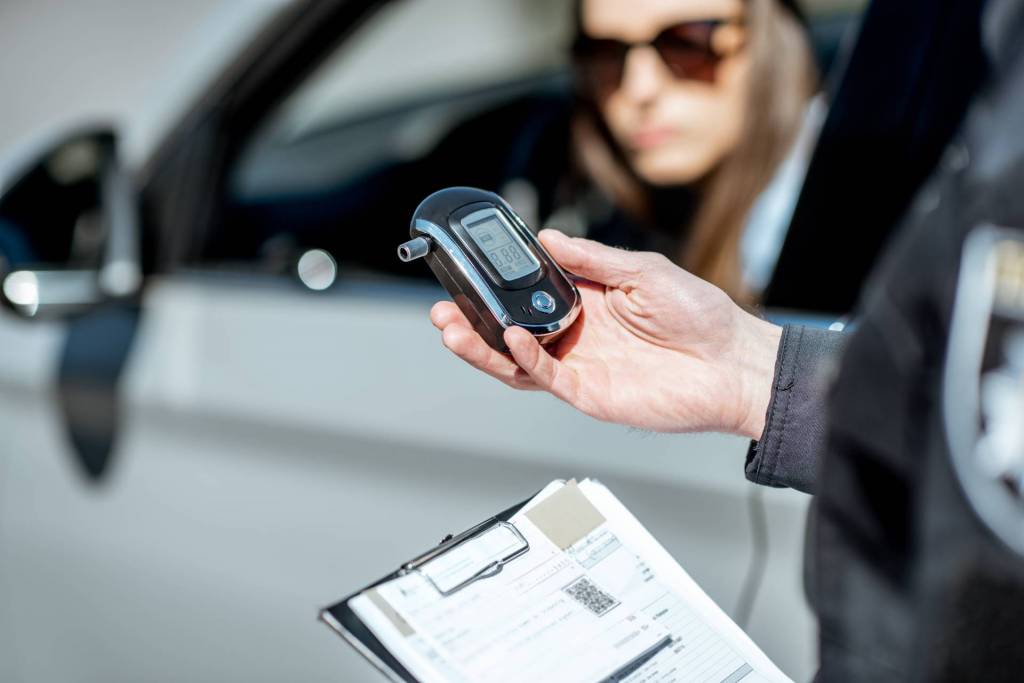What Are My Rights Under Florida’s Stand Your Ground Law?
Florida’s Stand Your Ground law is a crucial part of understanding your rights to self-defense in Tampa. This law allows you to use force, including deadly force, to protect yourself without the duty to retreat if you believe you are in imminent danger. For instance, let’s say you’re walking home late at night and someone approaches you aggressively, brandishing a knife. Under Florida’s Stand Your Ground law, you have the right to defend yourself, even if that means using deadly force, without the obligation to try and escape the situation first. However, it’s important to note that this law only applies if you are in a place where you have a legal right to be and you are not engaged in unlawful activity. Additionally, the threat of harm must be real and imminent. If you were to use force against someone who was not actually posing a threat, you could face legal consequences.
How Do I Prove My Actions Were in Self-Defense?
Proving that your actions were in self-defense can be a complex process. The burden of proof lies with you, the defendant, to show that you had a reasonable belief that you were in immediate danger. This can be done through various forms of evidence, such as witness testimonies, surveillance footage, or physical evidence of a struggle. For example, suppose you were involved in a bar fight where the other person threw the first punch. In this case, you could use witness testimonies to corroborate your story, surveillance footage to show the other person’s aggressive behavior, and your own injuries as physical evidence of the attack.
What If I Used Excessive Force in Self-Defense?
Florida law allows for the use of force in self-defense, but it must be proportionate to the threat faced. This means you can’t use deadly force to respond to a non-deadly threat. If you do, you could be charged with a crime. Let’s say someone threatens to punch you during an argument. If you respond by shooting them, the court may find that you used excessive force, as the threat was not deadly. In such cases, you may not be able to successfully claim self-defense.
What Are the Potential Legal Consequences If My Self-Defense Claim Is Unsuccessful?
If your self-defense claim is unsuccessful, the legal consequences can be severe. Depending on the circumstances of your case, you could face charges ranging from assault to manslaughter or even murder. For example, if you used deadly force during a confrontation and the court determines that you were not in immediate danger, you could be charged with manslaughter or murder. These charges carry significant penalties, including lengthy prison sentences and hefty fines. Moreover, even if you’re acquitted of criminal charges, you could still face a civil lawsuit from the victim or their family. This could result in financial damages that you would be required to pay.
Can I Claim Self-Defense If I Started the Fight?
In Florida, if you are the initial aggressor in a confrontation, you generally cannot claim self-defense. However, there are exceptions to this rule. If you clearly communicate your intent to withdraw from the fight and the other person continues to use force against you, you may be able to claim self-defense. For example, if you start a verbal argument that escalates into a physical fight, but then you try to leave the situation and the other person continues to attack you, you might be able to claim self-defense. Navigating these legal complexities can be challenging, which is why it’s crucial to have an experienced attorney on your side. They can help you understand your rights and build a strong defense strategy.
What If I Was Defending Someone Else?
Florida law also allows for the use of force in defense of others. This means that if you reasonably believe that someone else is in imminent danger, you can use force to protect them. However, the same rules apply regarding the proportionality of force and the reasonableness of your fear. For example, if you see someone being attacked in a parking lot, you could potentially use force to protect them. However, if you use deadly force when the attacker was only threatening to slap the victim, you could face legal consequences for using excessive force.
What If I Was Defending My Property?
Florida law allows for the use of force in defense of property under certain circumstances. If someone is unlawfully entering or has unlawfully entered your home or vehicle, you may use force, including deadly force, to prevent or terminate the unlawful activity. However, you cannot use deadly force to protect personal property other than your home or vehicle. For example, if someone is stealing your lawn furniture, you cannot legally use deadly force to stop them.
What If I Was Involved in a Domestic Violence Situation?
In situations involving domestic violence, Florida law allows victims to use force, including deadly force, to protect themselves. However, the same rules regarding the reasonableness of fear and the proportionality of force apply. For example, if your spouse threatens to hit you and you respond by shooting them, the court may find that you used excessive force. However, if your spouse is attacking you with a weapon, you could potentially use deadly force in self-defense.
Remember, every situation is unique, and the legal system can be complex. If you believe you acted in self-defense, it’s essential to seek legal advice as soon as possible. Call Patrick B. Courtney today at 813-252-1529 for a free consultation!






